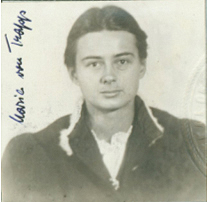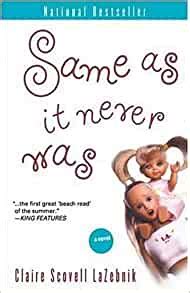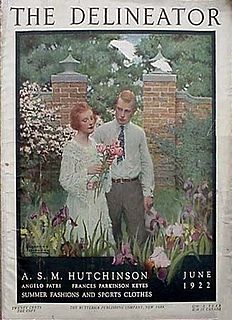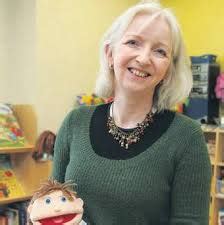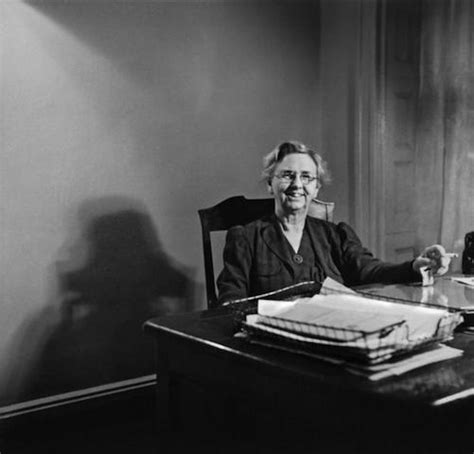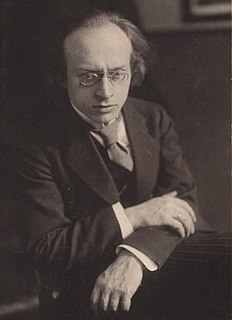A Quote by Maria Montessori
At a given moment a child becomes interested in a piece of work, showing it by the expression of his face, by his intense attention, by his perseverance in the same exercise. That child has set foot upon the road leading to discipline.
Related Quotes
The grief of a child is always terrible. It is bottomless, without hope. A child has no past and no future. It just lives in the present moment - wholeheartedly. If the present moment spells disaster, the child suffers it with his whole heart, his whole soul, his whole strength, his whole little being.
Don't think that there's a different, better child 'hiding' behind the autism. This is your child. Love the child in front of you. Encourage his strengths, celebrate his quirks, and improve his weaknesses, the way you would with any child. You may have to work harder on some of this, but that's the goal.
But somewhere, a child surprises himself with his endurance, his quick mind, his dexterous hands. Somewhere a child accomplishes with ease that which usually takes great effort. And this child, who has been blind to his past, but his heart still beats for the thrill of the race, this child's soul awakens. And a new champion walks among us.
I do not mean to call an elephant a vulgar animal, but if you think about him carefully, you will find that his nonvulgarity consists in such gentleness as is possible to elephantine nature-not in his insensitive hide, nor in his clumsy foot, but in the way he will lift his foot if a child lies in his way; and in his sensitive trunk, and still more sensitive mind, and capability of pique on points of honor.
A method of child-rearing is not--or should not be--a whim, a fashion or a shibboleth. It should derive from an understanding of the developing child, of his physical and mental equipment at any given stage, and, therefore, his readiness at any given stage to adapt, to learn, to regulate his behavior according to parental expectations.
Whatever discipline you exercise should be based on the goal your child is eventually to reach, namely, freedom and happiness. I would show him towards what he is growing, his ultimate fulfilment, and help him to adapt himself to that. In everything that you do, you should keep the goal in view, and hence your discipline must aim at helping the child to realize that at a certain stage he will be above all discipline.
"The first awareness of the child comes with his ego. He becomes aware of the "I", not of the Self. Really, he becomes aware first of the "thou". The child first becomes aware of his mother. Then, reflectively, he becomes aware of himself. First he becomes aware of objects around him. Then, by and by, he begins to feel that he is separate. This feeling of separation gives the feeling of ego, and because the child first becomes aware of the ego, ego becomes a covering on the Self. "

